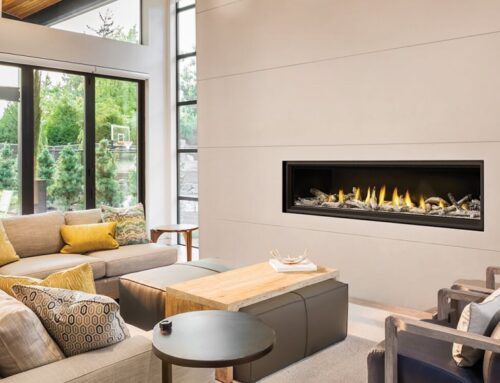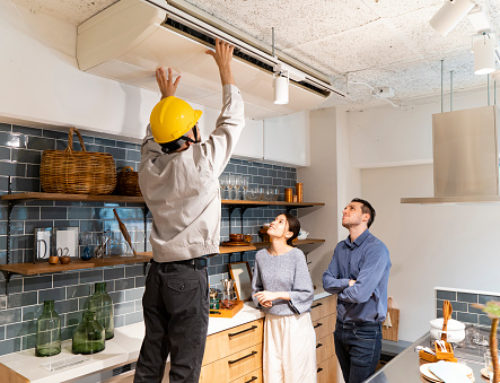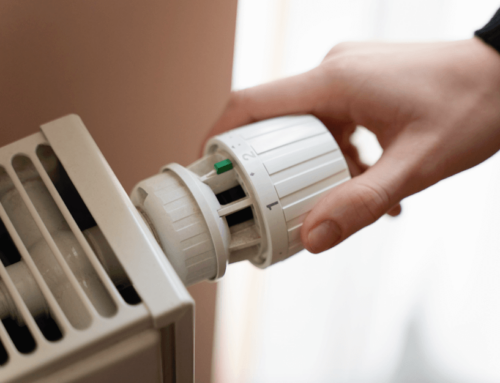 A furnace is a heating appliance that heats cool air and then distributes it throughout a home or commercial building. Typically, it is one part of a heating, ventilation and air conditioning unit. Due to wear and tear, furnaces do not last forever and will deteriorate over time.
A furnace is a heating appliance that heats cool air and then distributes it throughout a home or commercial building. Typically, it is one part of a heating, ventilation and air conditioning unit. Due to wear and tear, furnaces do not last forever and will deteriorate over time.
Types of Furnaces
The furnace you choose will determine its expected lifespan. Your options include the following:
Electric Furnaces
The average lifespan of a properly maintained electric furnace is between 20 and 30 years. The components of electric furnaces are simpler than gas furnaces as they work without fuel combustion. They are generally safer than gas or oil furnaces as they eliminate the risk of gas leaks; however, the overhead costs for electric furnaces tend to be higher than other options. That said, electric furnaces can save costs through efficiency if connected to a heat pump (an air conditioner that does heating and cooling).
Natural Gas Furnaces
A well-maintained gas furnace can last from 15 to 20 years. Although gas-fired furnaces have the shortest life expectancy, they are a popular choice as they are more energy efficient and gas prices are generally stable. They are also easier to maintain but are more costly to install than an electric furnace.
Oil Furnaces
On average, oil furnaces have the longest lifespan and can remain in good working order for between 25 and 30 years if given regular maintenance. Oil-fuelled furnaces provide more heat per BTU than other heating appliances. However, although they are less expensive than gas furnaces, oil prices are volatile, and these furnaces tend to need more maintenance. Many companies do not have oil licenses any longer and they are becoming more obsolete in the market.
How to Extend Your Furnace’s Longevity
The type of furnace you select affects energy costs and servicing and determines how often you’ll need to buy a new unit. However, there are a number of measures you can take to extend your furnace’s longevity.
Make and Model
If possible, purchase a new furnace. If your furnace is brand new, you can make sure to properly maintain it and maximize its lifespan as much as possible. You should also choose a high-quality and high-efficiency model, as well as one that suits your long-term needs. >
Size
The right-sized furnace for your home will improve your comfort and reduce energy costs. An experienced furnace technician can determine the best furnace size for you by using a load calculation, which considers square footage and other factors. Improper sizing can reduce your furnace’s lifespan by five to 10 years.
Insulation
To reduce how hard your furnace needs to work, ensure that your entire home, including the windows and attic, are well-insulated and sealed. This minimizes cold air infiltration and prevents thermal loss.
Installation
A correctly installed furnace will perform optimally and last for as long as possible. If your furnace is installed incorrectly, it can create inefficiencies in your airflow, gas leaks and discomfort. Therefore, it is essential to consult experienced professionals like those at Canada HVAC to make sure you receive quality installation services.
Annual Maintenance
A certified technician can ensure that annual maintenance adds years to your heating system’s life. You can also do some basic upkeep on your own, like changing the air filters. Regular maintenance improves a furnace’s efficiency by ensuring that parts are repaired or changed when broken or worn out and in-depth cleaning is done when needed.
Furnaces in Canada
Canada HVAC is your one-stop shop for home heating solutions. We supply high-quality, energy-efficient furnaces and other HVAC products and can connect you to a licensed installation specialist.
Call us at 833-226-4822 or get in touch via our contact form to speak with our knowledgeable HVAC experts.





